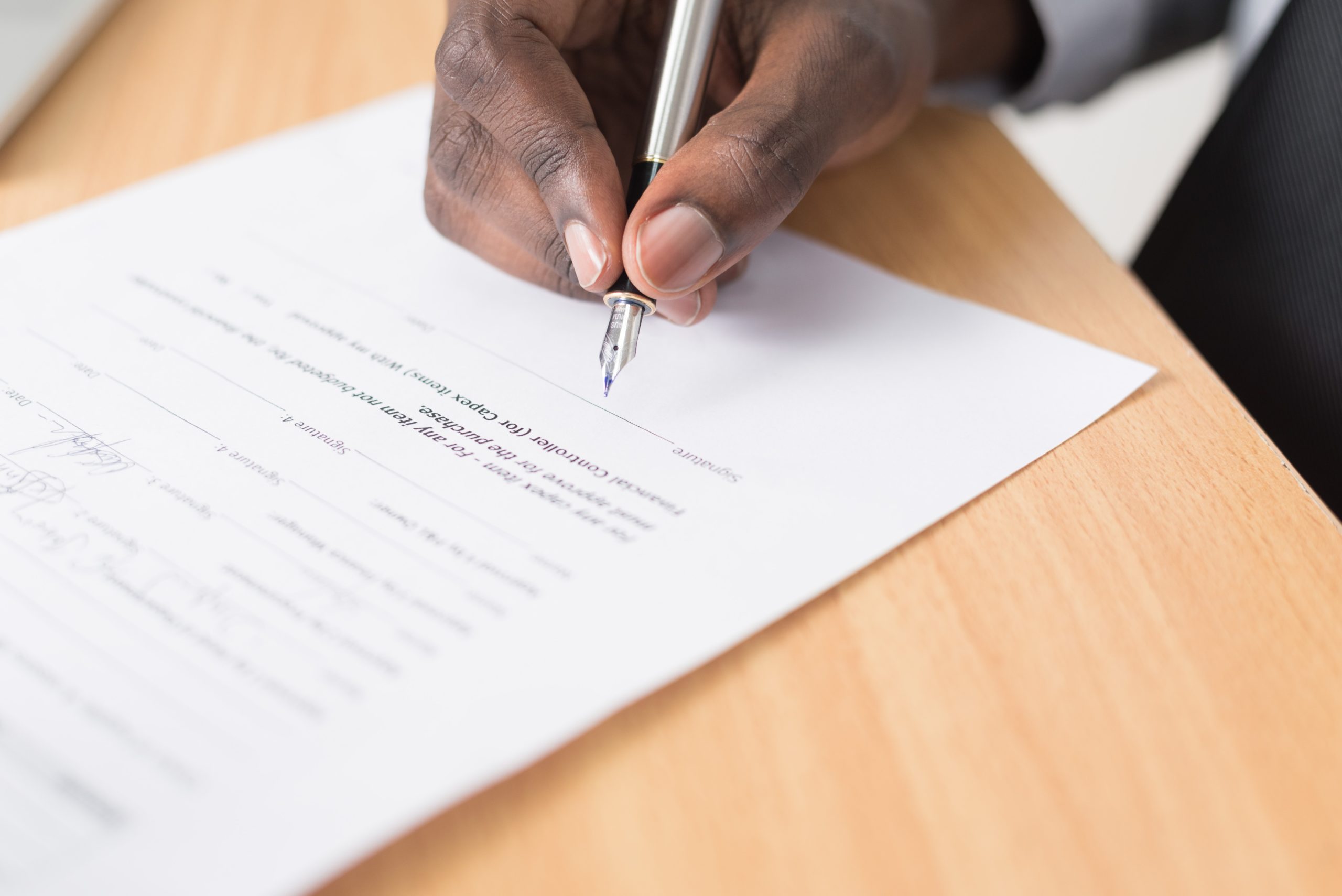The main aim of property registration is to provide legal information or recognition about the transfer of the ownership of any property from one person to another. It is one of the important steps for any real estate transaction because it establishes a legal document about the transaction and protects the rights of the parties.
The primary motive of property registration is to maintain a proper record related to the ownership of the property. The process of property registration includes multiple steps like verifying the title of the property and making a legal document which is known as The Sale Deed. This document covers all the details related to the property like sale price, boundaries, dimensions, and location. Due to this, the owner or individuals can be saved from fraud and any dispute.
Contents
Is Property Registration Mandatory?
If you are living in India then it is mandatory to do property registration according to the Registration Act under section 17. In case the value of the property is less than 100 rupees then registration is not mandatory everyone needs to do the registration. While doing property registration, it should be in the new owner’s name as soon as stamp duty and the registration fees are paid. Every state may have different stamp duty and registration charges, so it is better to undergo the process carefully.
Documents required for Property Registration
One of the main parts during property registration is submitting all the valid documents and verifying whether it is correct or not. The main reason behind submitting these documents is to record the execution of documents and an individual should register documents within 4 months from the execution date. In case you missed the deadline, then you need to write an application mentioning the reason for the delay and send it to the sub-registrar. In some situations, the sub-registrar may accept your application but you will need to pay the penalty. In normal cities, registration of documents may take up to 7 days while in metropolitan cities it may take up to only 2-3 days.
Here are list of documents required for property registration that you need to be prepared with beforehand and avoid penalties:
- Have a few passport-size photos of the buyer and seller respectively.
- Have a Pan Card, and Aadhar Card as identity proof for both parties.
- Have the latest property registered and an old card copy with you.
- Have a copy of the municipal tax bill.
- Have a No Objection Certificate (NOC) with you.
- Get a copy of a verified Sale deed.
- Certificate of construction completion.
- Get the payment receipt of registration fees and Stamp duty.
- Have a Power of Attorney.
Power of attorney for property registration
As an individual, you may not have entire knowledge about property registration then comes the role of Power of Attorney (POA) which is an instrument that empowers a person to act on behalf of you. We call them the ‘Principal’ who conducts the power of Attorney and the ‘POA Holder’ or ‘Attorney’ or ‘Agent’ is the person on whose name the POA is performed. For any transaction-related queries to business or private matters, an Agent can represent the Principal. The relationship between the Agent and Principal is known as Agency. In some unavoidable circumstances, like old age, illness, or physical incapacity, it becomes important to have someone who can do all the procedures on your behalf. An agent does not have complete power to make any decisions, due to which he or she has limited authority.
Online Property Registration
We all are living in a digital world or modern world where everyone wants to fill out forms or registration from their home and here comes the online property registration process. Online Property Registration service is not available in every state and with this online method, you can get the final amount of stamp duty and pay accordingly which will include fees for both stamp duty and registration. You will get a payment receipt on a website and make sure you are completing payment with Net Banking, Debit Card, Credit card, or a Payment Bank.
Guidelines for Online Property Registration
As we know in India very few states are accepting the online property registration process due to which we need to follow certain guidelines for safe and secure methods:
- Firstly, you need to check with the state whether your property location has access to the online property registration portal or not.
- In the online property registration portal, we can easily check the stamp duty rates, and pay the correct stamp duty and registration fee, and you will get the payment receipt online instantly.
- After this, you can go to the sub-registrar office where you can show your payment receipt and complete the property registration process.
- You may need to pay a TDS of 1% only when the value of a property exceeds Rs 50 lakhs.
- While doing online property registration, you need to ensure that all the documents are valid and give correct information like name, address, ownership status, proof of property, type of property, and a brief declaration about the property.
Benefits of Property Registration
- Many disputes like land registration can be solved easily.
- If the buyer suffers a loss due to an error made by the registration agent during the registration process, the state will pay compensation to the buyer.
- If the property is registered, the property seller will obtain a tax deduction benefit under section 80C.
- It also helps in the mutation of the property which is a process of transfer of ownership from one person to another.
Steps of Power of Attorney for Property Registration in India
The following is the process of power of attorney for property registration in India:
- Choose the appropriate type of POA as per your need, either a General POA or a Special POA.
- Draft the POA on stamp paper and outline all the terms.
- Visit the Registrar’s Office. The POA must be registered in the registrar’s office where the Principal resides or the Property is situated.
- In most of the states, an appointment has to be booked online before visiting the registrar’s office.
- The registrar’s office would require the presence of the Principal and Agent along with two witnesses to sign the Power of Attorney in front of them.
- Carry original documents that have been self-attested, such as address evidence, as well as photocopies.
- In the government records, the registrar will keep an image of you, the Power of Attorney holder, and the witnesses.
- The registrar will preserve a copy of the Power of Attorney in government records and supply you with one stamped by their office.
Conclusion
This article is a complete guide for property registration that includes documents required for property registration(mainly power of attorney for property registration). It contains benefits, guidelines, and everything related to property registration.







